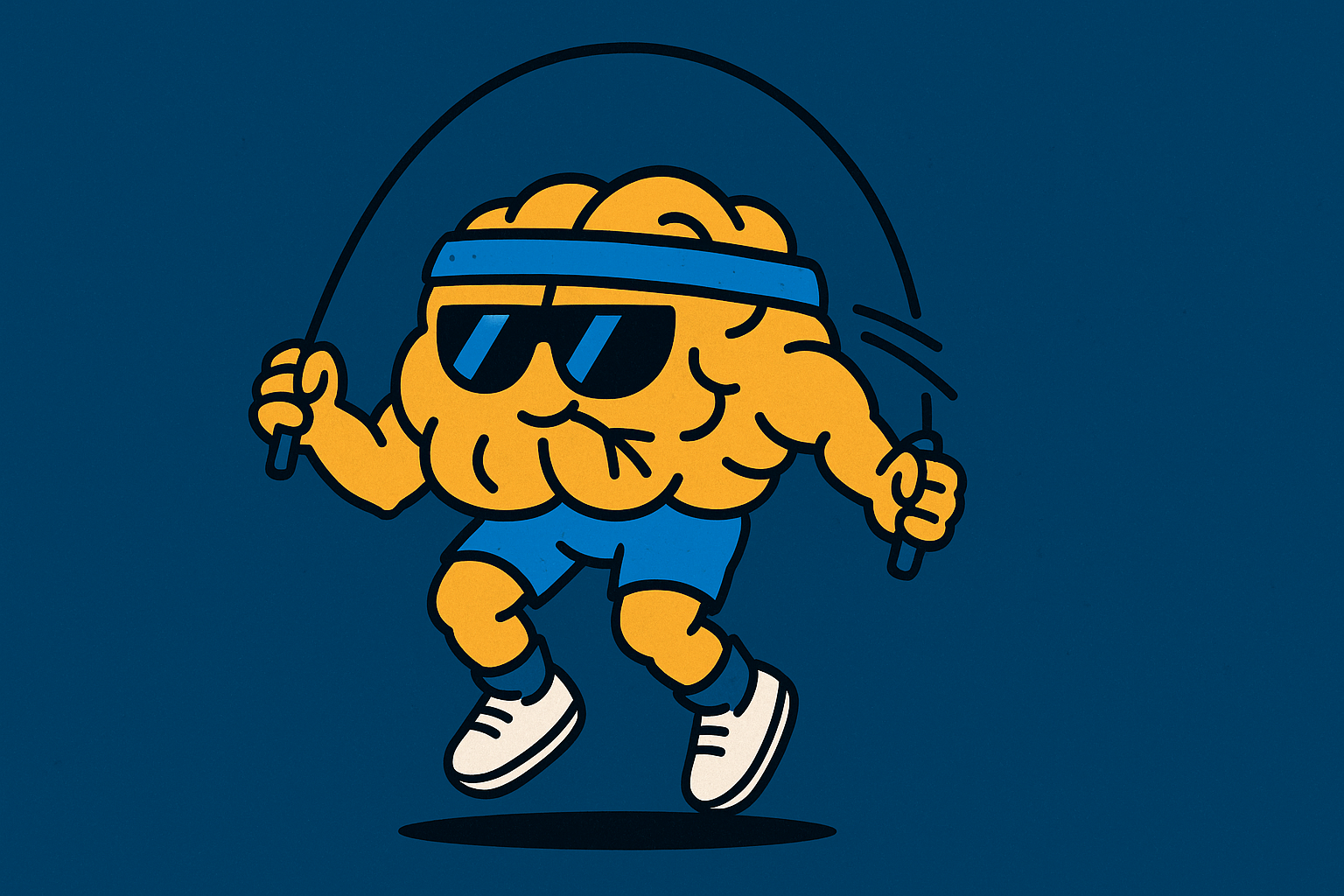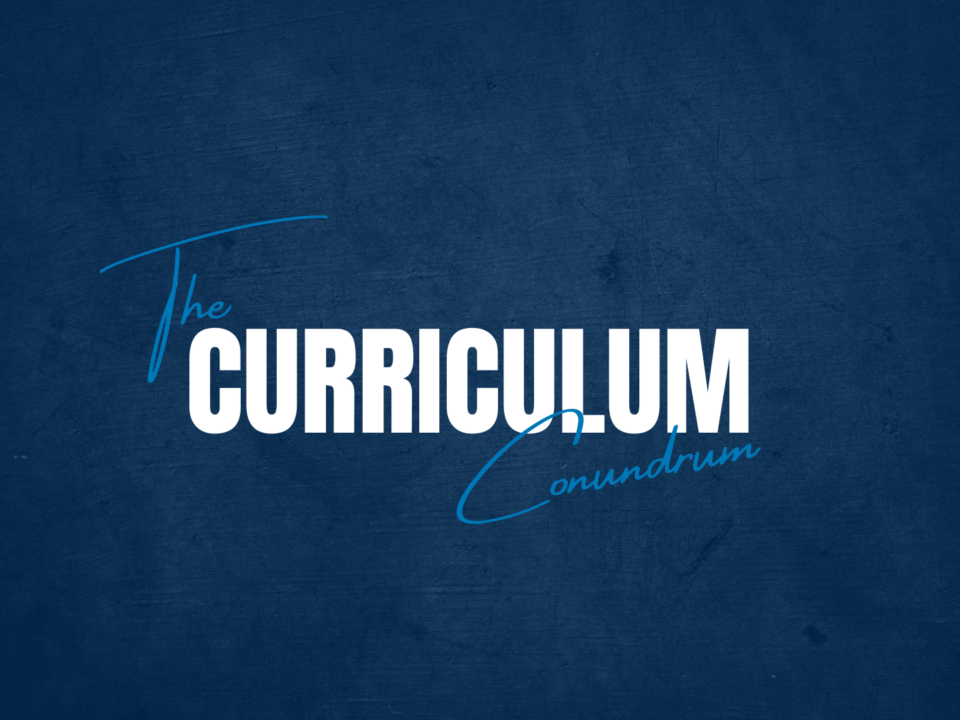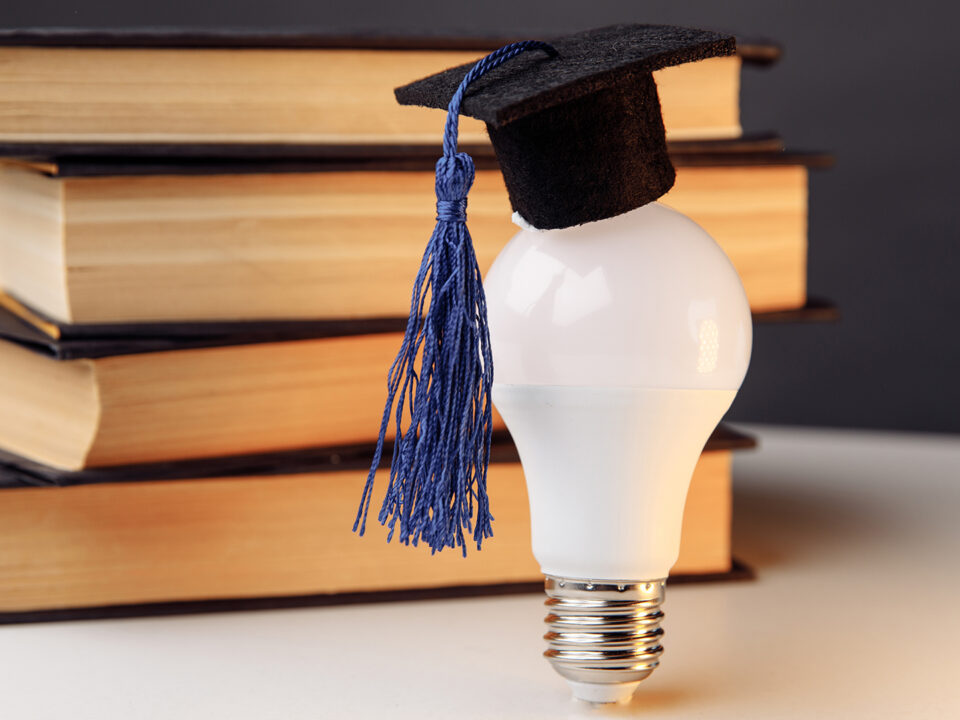
The Curriculum Conundrum
March 24, 2025The Link Between Sports and Learning
It’s no secret that children are full of energy. And while it might seem like all that running, jumping, and bouncing around takes time away from studying, research shows that physical activity is not only beneficial for overall health — it’s a powerful boost for learning too.
The connection between movement and the mind is stronger than ever, and more educators and parents are beginning to recognise the role that sports and physical extracurricular activities play in improving concentration, memory, and academic performance.
The Brain-Body Connection
When children engage in physical activity, their brains benefit just as much as their bodies. Exercise increases blood flow and oxygen to the brain, which helps improve alertness and mental clarity. It also stimulates the release of chemicals like dopamine and serotonin — natural mood boosters that help with focus, motivation, and stress management.
These neurological effects are particularly important for learners who struggle with attention or anxiety in the classroom. Even moderate daily movement can help regulate emotions, improve self-discipline, and make it easier to stay engaged during lessons.
What the Research Says
Numerous studies have found a direct link between regular physical activity and better academic outcomes. For example, research published in the Journal of Pediatrics found that students who were more physically active tended to perform better in reading and maths. Another study from the CDC (Centers for Disease Control and Prevention) highlighted that students who participate in sports or structured physical activities often demonstrate improved behaviour in the classroom, better attendance, and greater ability to concentrate on tasks.
The benefits aren’t just limited to academic performance — physical activity also supports the development of social skills, emotional intelligence, and resilience. Team sports, in particular, help children learn cooperation, responsibility, and the value of effort — all of which translate into positive classroom habits.

While academics are often prioritised, a well-rounded approach that includes regular physical activity can enhance — not interrupt — learning.
Striking the Right Balance
At Opti Learn, we encourage balance. While our focus is on academic support, we recognise the importance of movement and play in a child’s overall development. Whether it’s stretching during morning classes, brain breaks, or encouraging participation in extramural sports, physical well-being is seen as an essential part of the learning equation.
Parents also play a key role. Encouraging children to join a sport they enjoy, ride their bike after school, or even take short active breaks during homework can support cognitive function and reduce stress. It’s not about becoming an athlete — it’s about creating habits that fuel both the brain and body.
Physical activity isn’t a distraction from learning — it’s a catalyst for it. From better concentration to improved memory and emotional well-being, the link between sports and academic performance is clear. By embracing movement as part of the learning journey, we empower learners to reach their full potential — inside and outside the classroom.
At Opti Learn, we believe that education should nurture the whole child — mind, body, and spirit. Supporting physical activity alongside academic growth creates confident, healthy learners who are ready to succeed not just in school, but in life.




